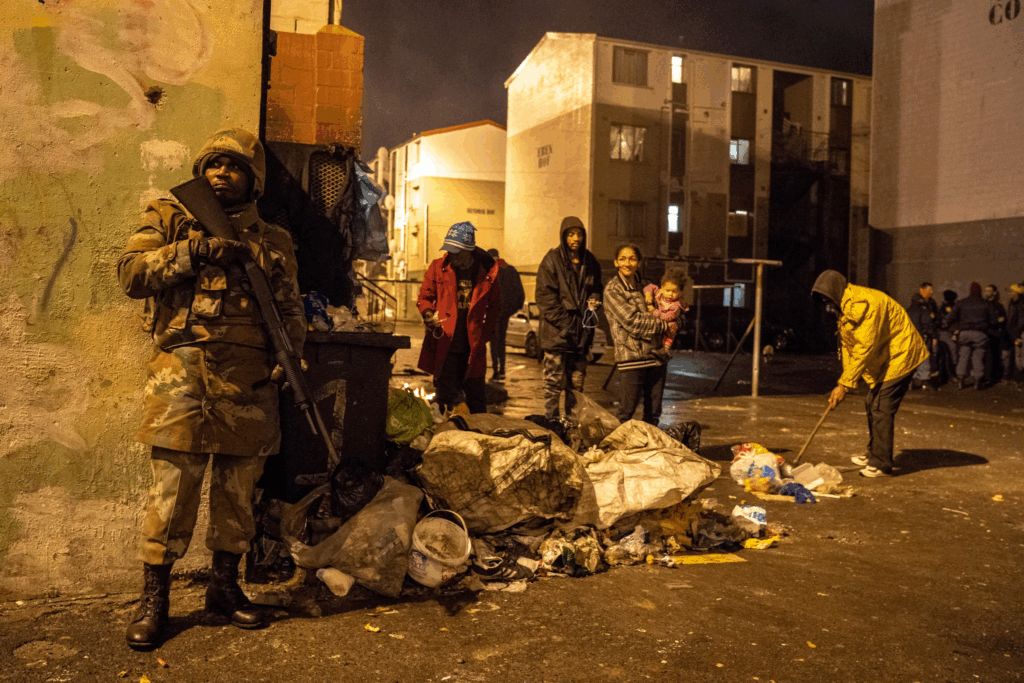The discourse surrounding violent crime in South Africa is often misrepresented, with certain narratives skewed by political agendas. The claim of a ‘white genocide’ against South African farmers has gained traction largely because of the sensational nature of such assertions, especially when supported by influential figures like former President Donald Trump. This notion diverts attention from the broader reality of violent crime in the country, which impacts individuals across all racial and ethnic groups. Murder and armed robbery are serious issues affecting diverse communities, and framing the conversation strictly within a racial context fails to acknowledge the complexity of the problem. Such claims not only misinform the public but also undermine the collective struggles faced by all victims of crime in South Africa, irrespective of their race.
Investigations into farm attacks, including independent inquiries by government bodies, have consistently found no evidence to support the narrative of a targeted campaign against white farmers. Instead, these attacks have largely been motivated by robbery rather than racial hatred or ethnic cleansing. The data illustrates that the incidence of farm murders is disproportionately low in comparison to overall national crime rates, which suggests that while the issue is serious, it does not constitute genocide under international law. This distinction is crucial, as it underscores the need for a comprehensive approach to addressing crime in South Africa that encompasses criminal justice reforms, socioeconomic improvements, and community collaboration, rather than sensationalism that fuels division.
The ongoing debate surrounding violent crime in South Africa highlights critical gaps within the criminal justice system, which continues to struggle with low detection and conviction rates. These systemic issues, affecting all South Africans, spotlight the urgent need for effective leadership and strategic interventions across various sectors. While communities, including agricultural groups, are taking proactive measures to enhance safety and build relations, the government’s failure to fully implement its National Rural Safety Strategy hampers progress. Addressing the realities of violence and crime in South Africa requires a shift away from misleading narratives and towards actionable solutions that foster inclusivity and promote safety for everyone, thereby rejecting extremist ideologies that seek to exploit fear for political gain.
Summary
In an analysis of the misinformation surrounding claims of “white genocide” in South Africa, Gareth Newham emphasizes that violent crime, including murder and armed robbery, affects all South Africans without distinction of race, contrary to political narratives such as those presented by Donald Trump. The assertion of a coordinated campaign targeting white farmers lacks credible evidence, as highlighted by several inquiries that found no basis for such allegations. Instead, motivations for farm attacks typically relate to robbery or local disputes rather than ethnic destruction. The broader context reveals that South Africa faces a severe crime problem with one of the highest murder rates globally, which is exacerbated by inefficiencies in the criminal justice system that impacts all communities. Newham calls for comprehensive strategies that address the root causes of violence and social inequalities rather than perpetuating divisive myths that mask the deeper issues affecting the country.



More Stories
Heartbreak in Limpopo: Scholar Transport Tragedy Claims Life of Seven-Year-Old
Limpopo fomer Radio Presenter Lerato Queen Selotole Killed in Alleged Gender-Based Violence Incident
Six Suspects in R250 Million Rhino Horn Trafficking Syndicate Granted Bail